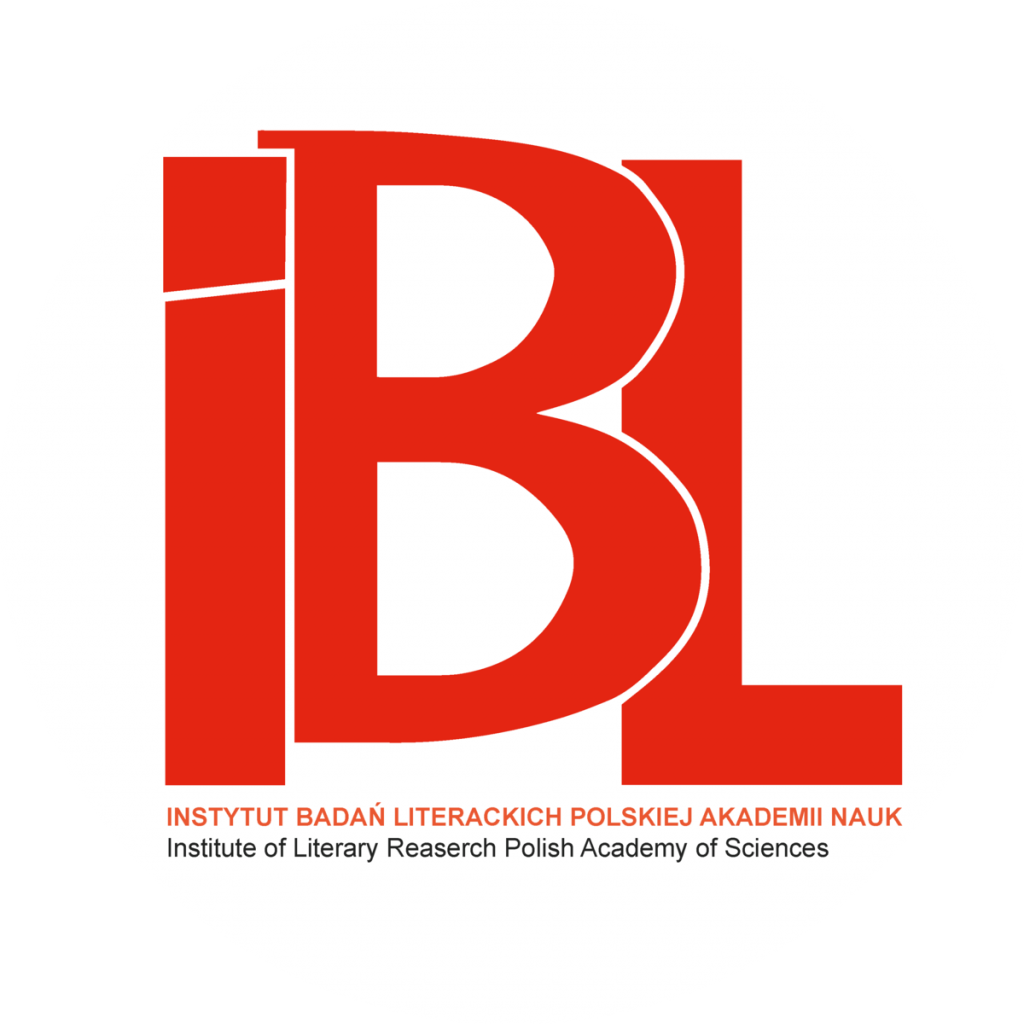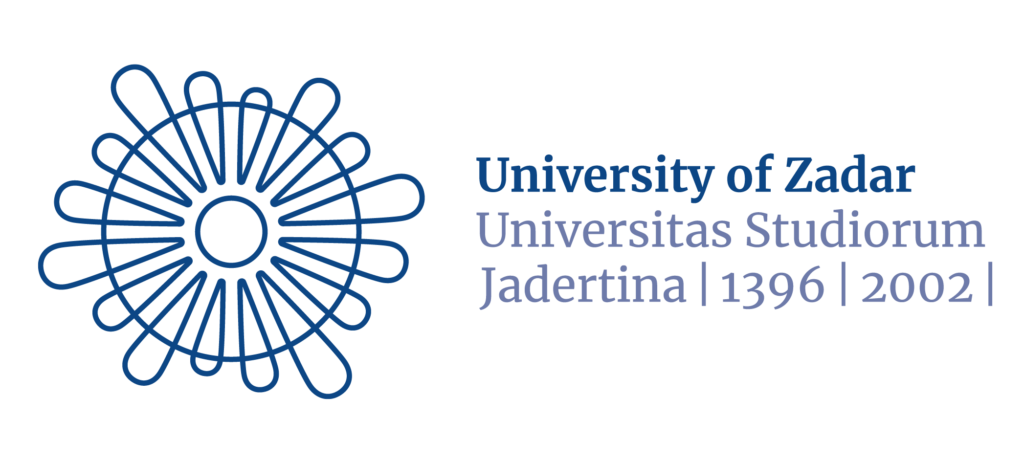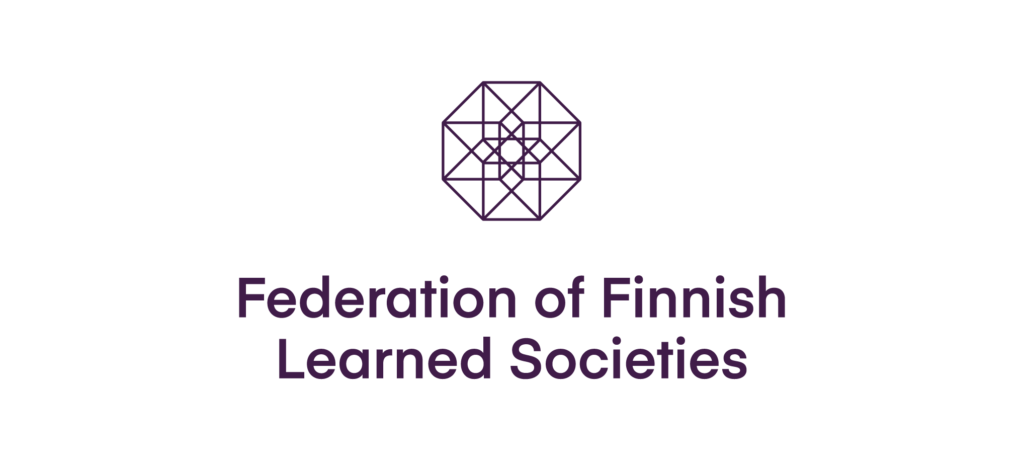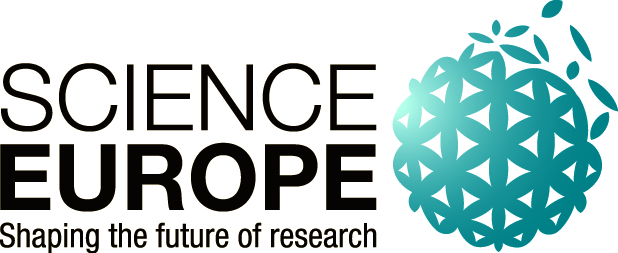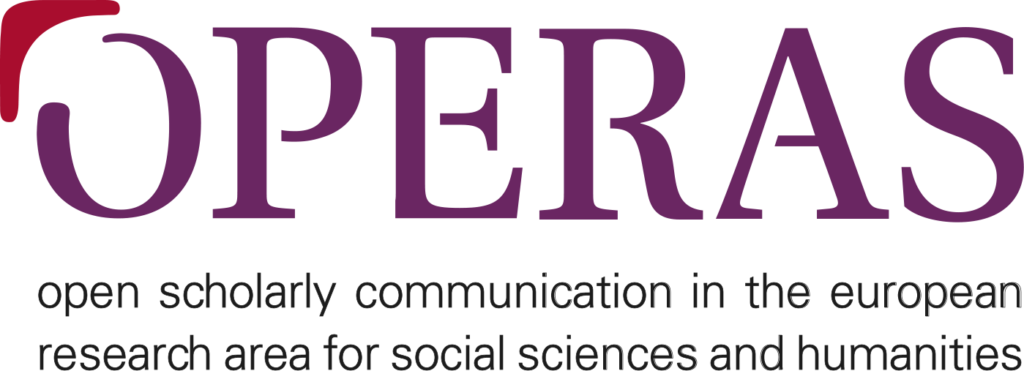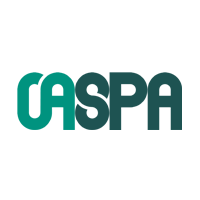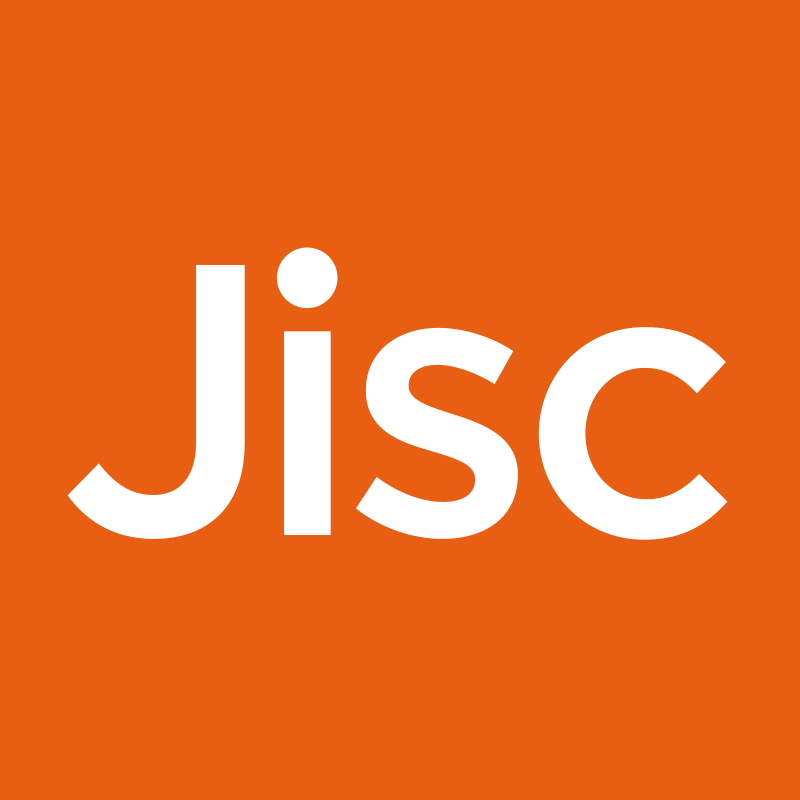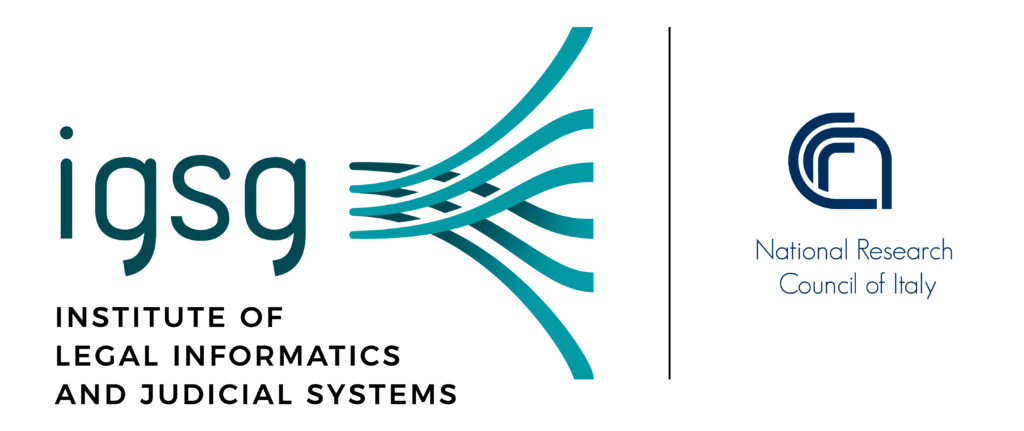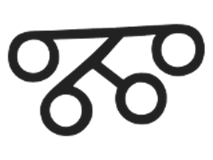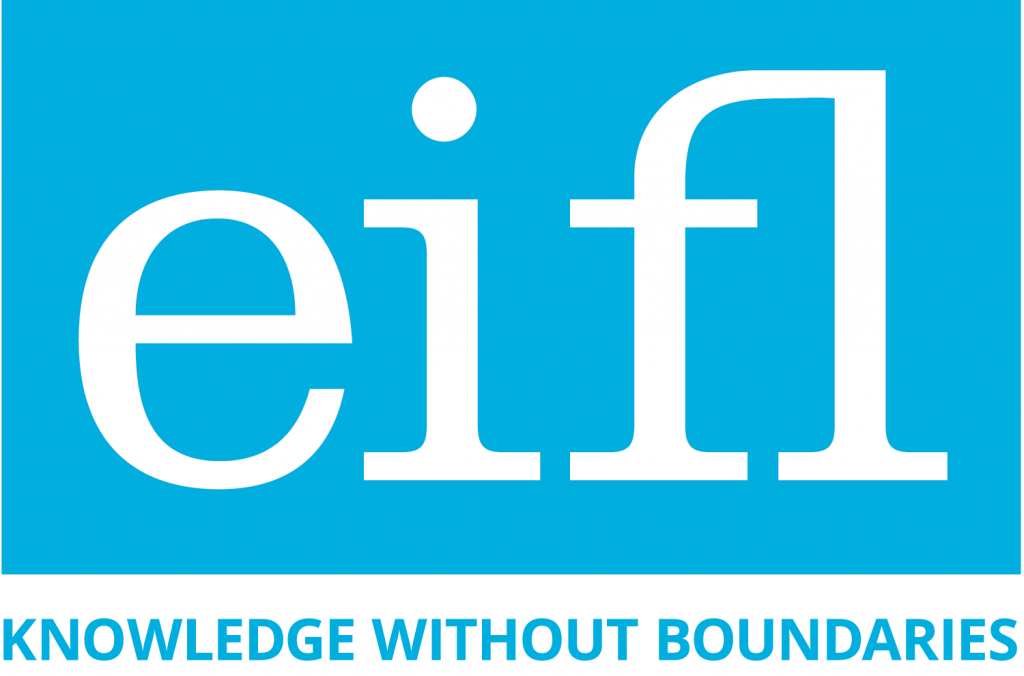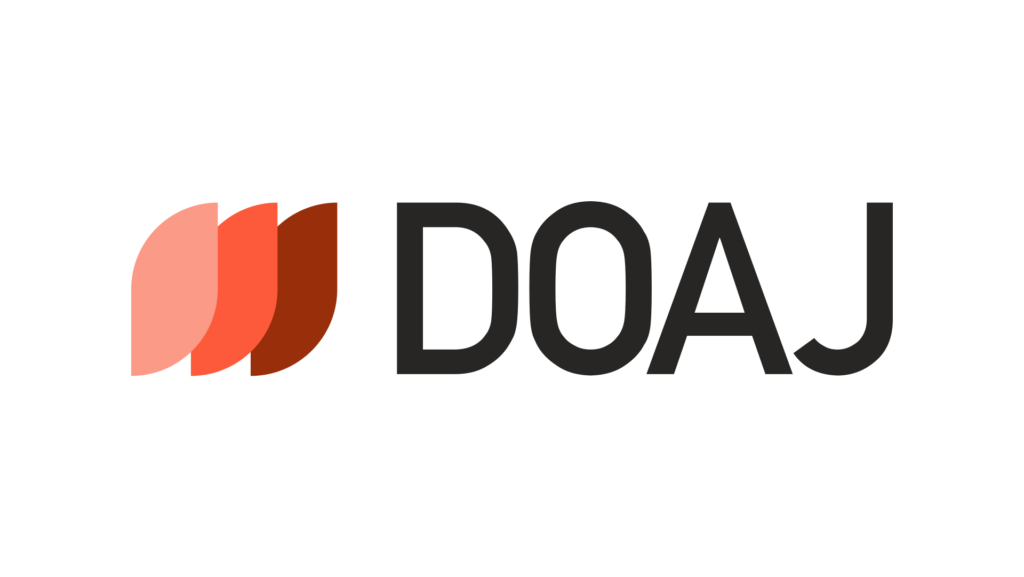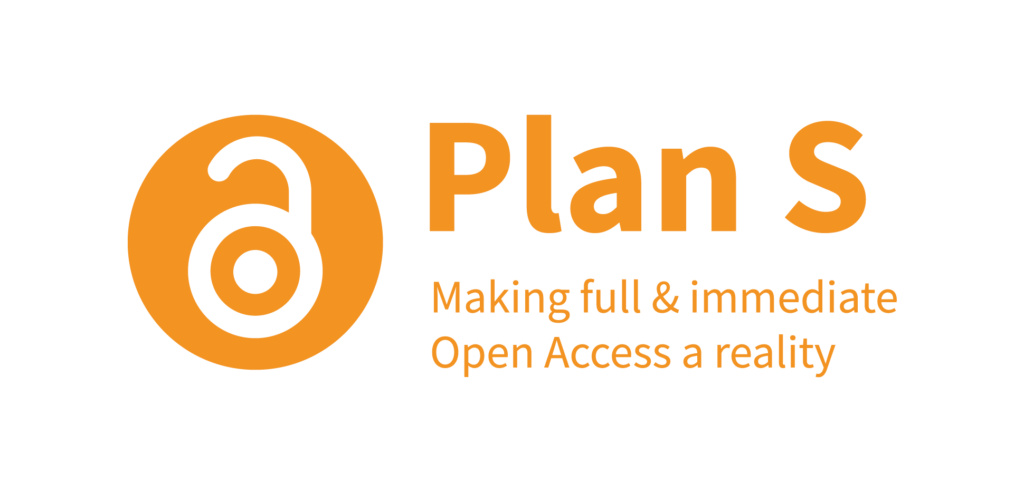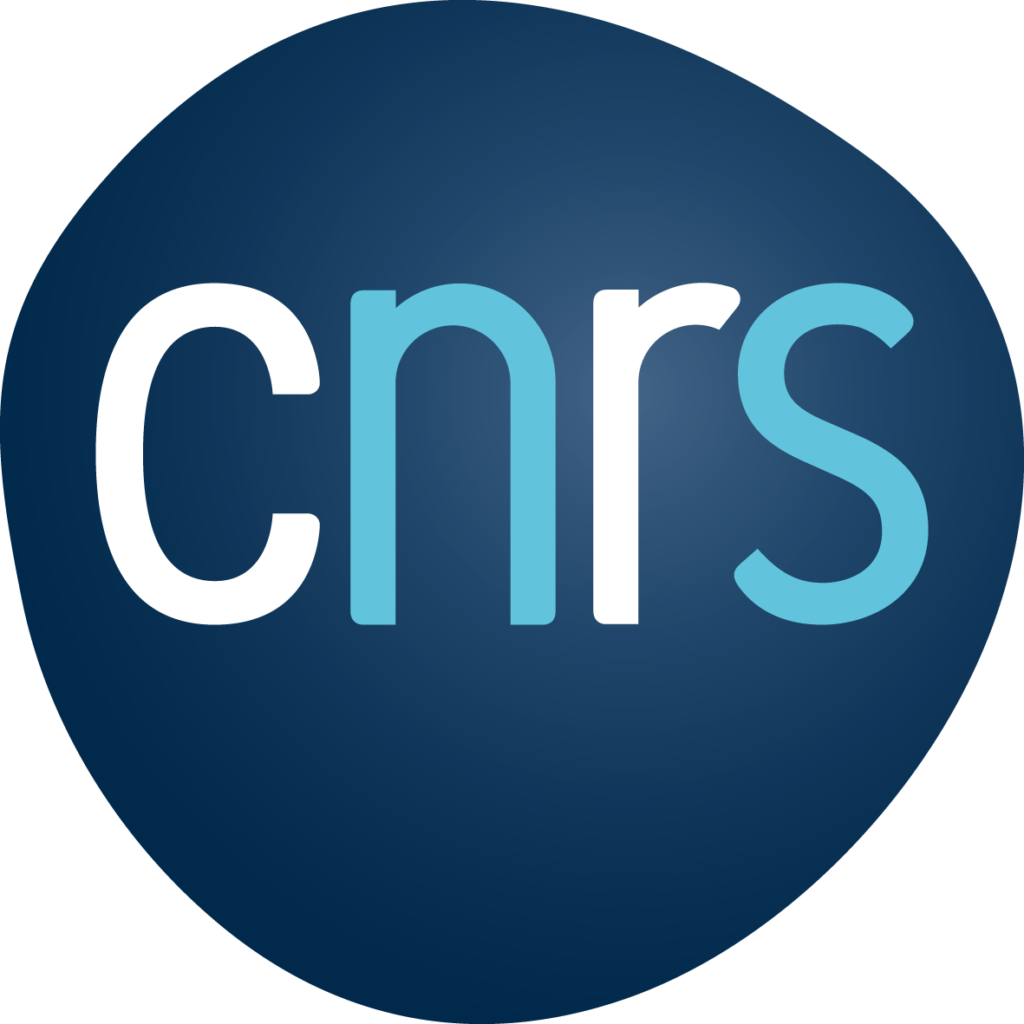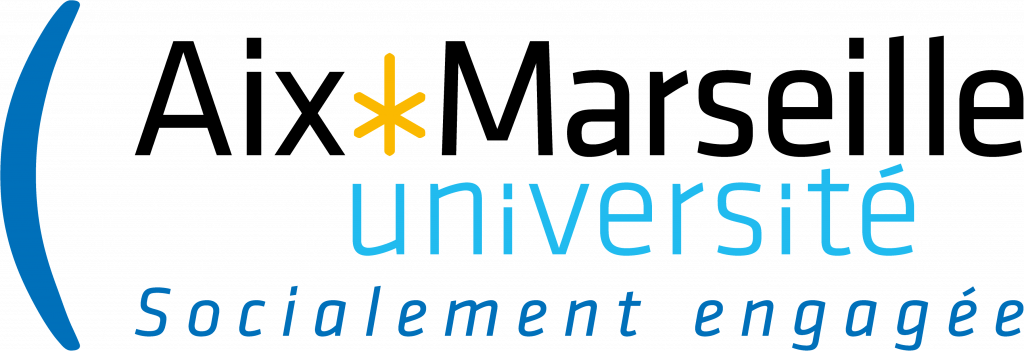International Open Access Week starts today! This year’s theme – Community Over Commercialisation – is a subject close to the efforts of the DIAMAS project, as we strive to support scholar-led publishing initiatives.
To mark this year’s OA Week, we spoke with different members of our project team to discuss what the theme of community/commercial means for DIAMAS, why community values are essential for our project, and how we hope to impact the publishing ecosystem.
First up, we have librarian, Iva Melinščak Zlodi, from the University of Zagreb, Faculty of Humanities and Social Sciences (FHSS) Library.
What does community over commercialisation mean to you when it comes to academic publishing?
“This isn’t a difficult question! In my role as an academic librarian, I’ve had the opportunity to work closely with small national journal editors, whether at my institution, while working on the development of a national OA journal platform, or within the national association of journal editors. I often see how much enthusiasm they bring in running their journals and enhancing them, and how attached their disciplinary communities of authors and readers are to ‘their’ journals. At the same time, I see how frustrated editors are with the growing demands of academic publishing, where they often feel unable to compete with large for-profit players.
I understand that not all segments of academic publishing can function as closely-knit communities of dedicated and enthusiastic members. Nevertheless, I would love to see as many of these journals survive and thrive, and facilitate the emergence of new ones. It’s worth mentioning that these tight-knit communities often extend beyond national borders, contributing to cross-cultural enrichment. International scholarship need not be confined to commercial outlets alone.”
We hear a lot about the importance of “community”. How would you describe community in the context of academic publishing?
“Ideally, academic publishing is a process in which various actors should play their part and align to achieve one single goal, and that is the seamless sharing of ideas, knowledge and information for the advancement of society. In practice, different interest coalitions or antagonisms between the stakeholders emerge, and the process can get seriously flawed. Yet, at the same time, all over academia, we can find communities that are built and united not by a shared commercial interest, but to share principles, exchange experiences, and jointly developing tools, workflows, standards or protocols.
We can find different examples of such communities, and their members’ roles may vary: a community of users of PKP’s software, a community of journal editors in one disciplinary field (like LingOA); a community of researchers dedicated to sharing and peer-reviewing preprints (like Peer Community In); a community of publications hosted at a national OA platform, or community of all actors interested in OA book publishing (like Open Access Book Network). Some communities are small and local, but some are truly global. They often start informally, but as (and if) they grow, they need to find ways to stay inclusive, and sustainable and to develop safeguards against commercial takeovers.”
How would you describe the values of the DIAMAS project?
“The main value of the project, in my opinion, is that it is the first time that publishing activities, that are going on within academic institutions themselves, are given importance and become an object of serious investigation. This ‘redirection’ of focus toward these (mainly) non-profit activities, embedded in institutions, together with the political support it receives in Europe, arrives at a perfect time when dissatisfaction with the current market solutions has peaked.
On a personal level, working on this project allows me to engage around the actions that align with the values I uphold (so, no need to be an activist in my free time, if I can organize my work around the principles I believe in!). It also gives me the opportunity and joy to meet and experience working with some of the people whom I previously admired for their relentless OA advocacy. Now that some of the work packages are nearing an end, I’m afraid that I will miss these weekly windows for lively discussions.”
How will DIAMAS contribute to promoting community values over commercial interest?
“As I see it, the dichotomy between community-driven and commercial approaches holds an additional vital dimension: the distinction between enforcing more-or-less uniform solutions to all versus recognizing the immense variety of forms and shapes inherent in scholarly communication. While it was evident from the project’s outset that we would uncover this diversity across the European research landscape, conducting the landscape survey and analysing the responses has revealed that we’ve only just scratched the surface. There is still so much more to explore.
In the upcoming project phases, we will have two crucial tasks. First, we must assign value to this diversity and find ways for the intrinsic qualities of institutional publishing to be acknowledged by researchers, funders, and policymakers. Second, we need to gather and develop tools to offer this community of institutional publishers and service providers, aiming to simplify and enhance their operations, facilitate connections, aid in finding collaborators, and strengthen their capacities.”
Does community/commercial have to be a zero-sum game?
“Instead of just providing a straightforward answer, let’s consider a real-world example that’s highly relevant to my expertise: academic book publishing in a small market like Croatia. Although the DIAMAS project primarily concentrates on supporting non-profit institutional publishers, it’s essential to acknowledge the value placed by many of our authors and researchers on the careful selection and editorial oversight provided by small private publishers.
These smaller publishers, despite being commercial entities, maintain a strong mission-oriented approach, often led by scholars themselves. Particularly in a limited market, constrained by factors such as language, they frequently rely on public subsidies, which means they face many of the same challenges and issues as institutional publishers. In some cases, their existence might be even more precarious, lacking the safety net parent organisations provide for institutional publishers.
Therefore, if our genuine commitment is to preserve the rich bibliodiversity of the publishing landscape, we should be open to forging alliances with stakeholders who share our vision of academic community governance. Such collaboration among various entities can play a vital role in sustaining the academic publishing ecosystem.”
If you enjoyed this interview, we will publish another two interviews later this week from different members of the consortium.





